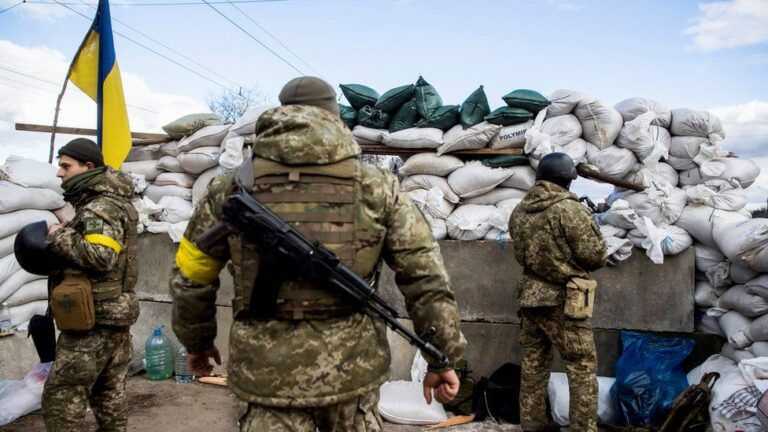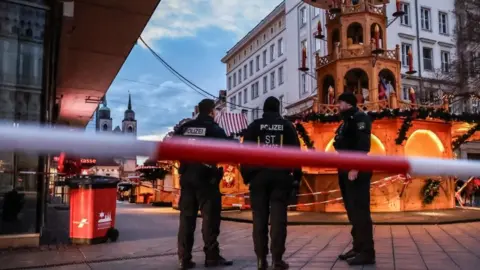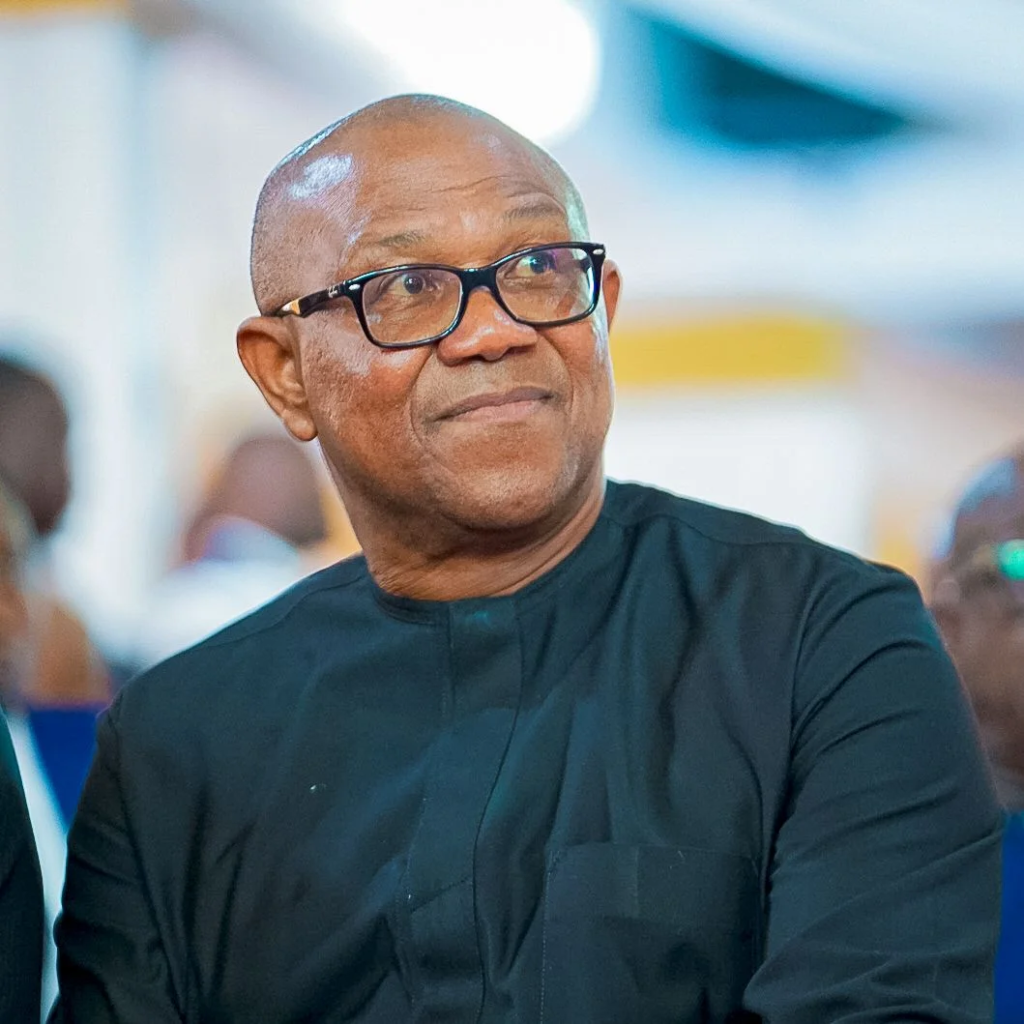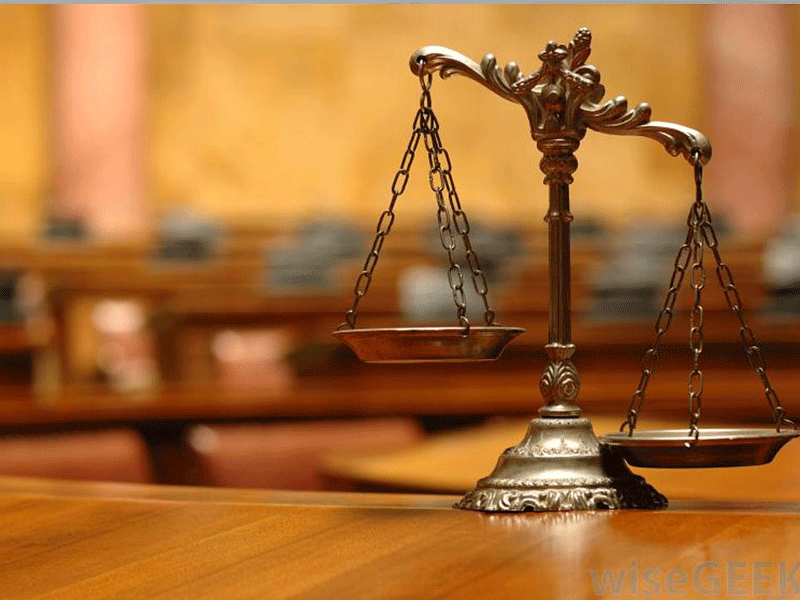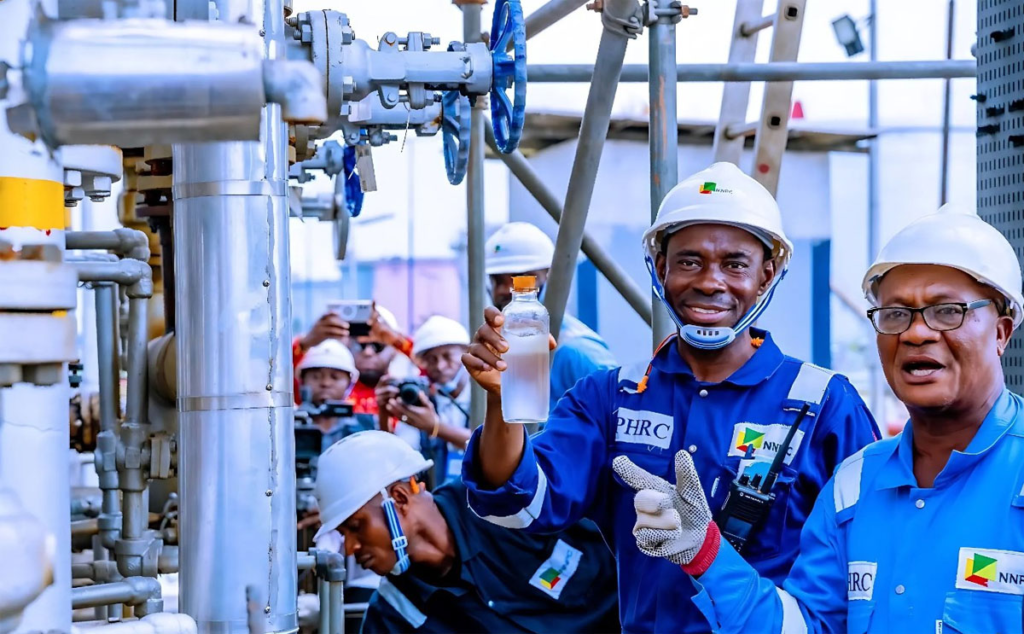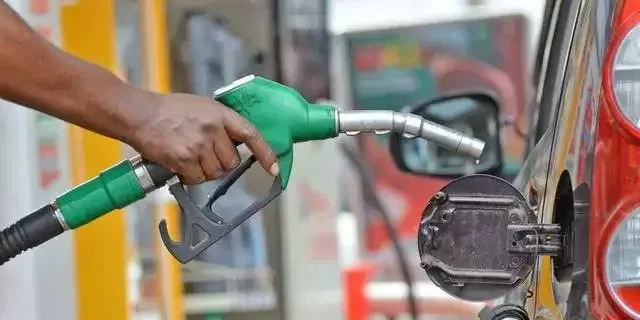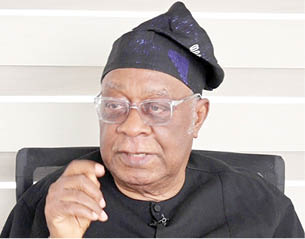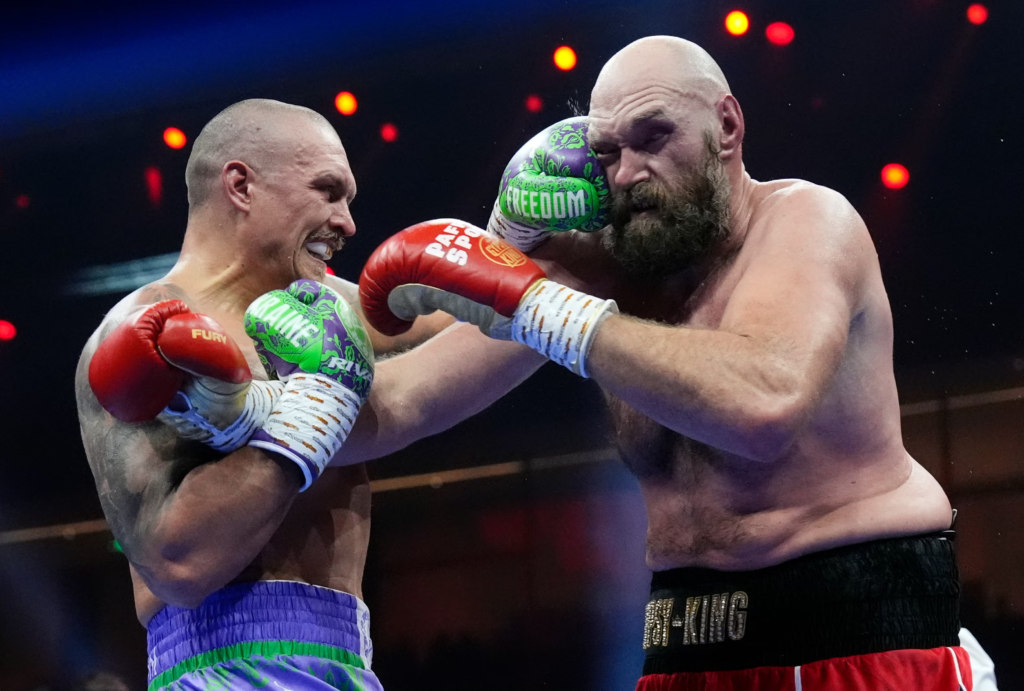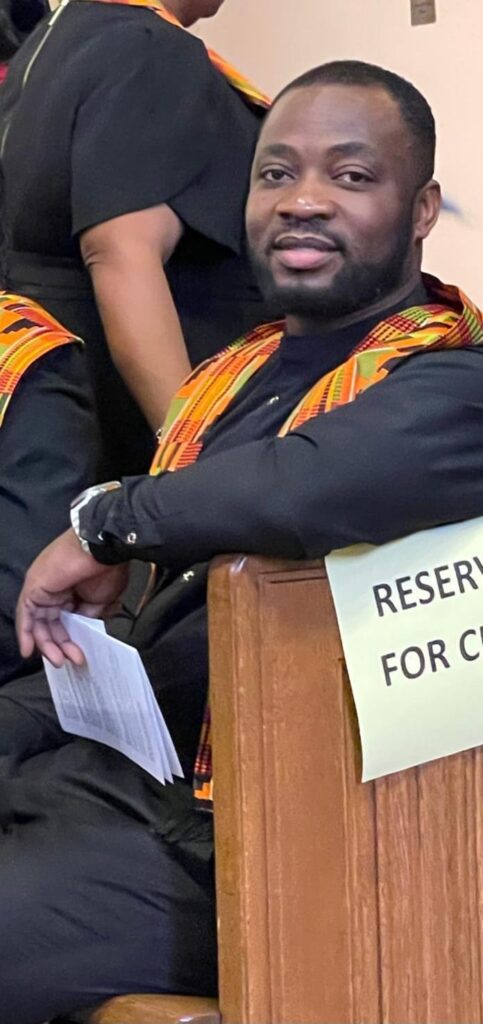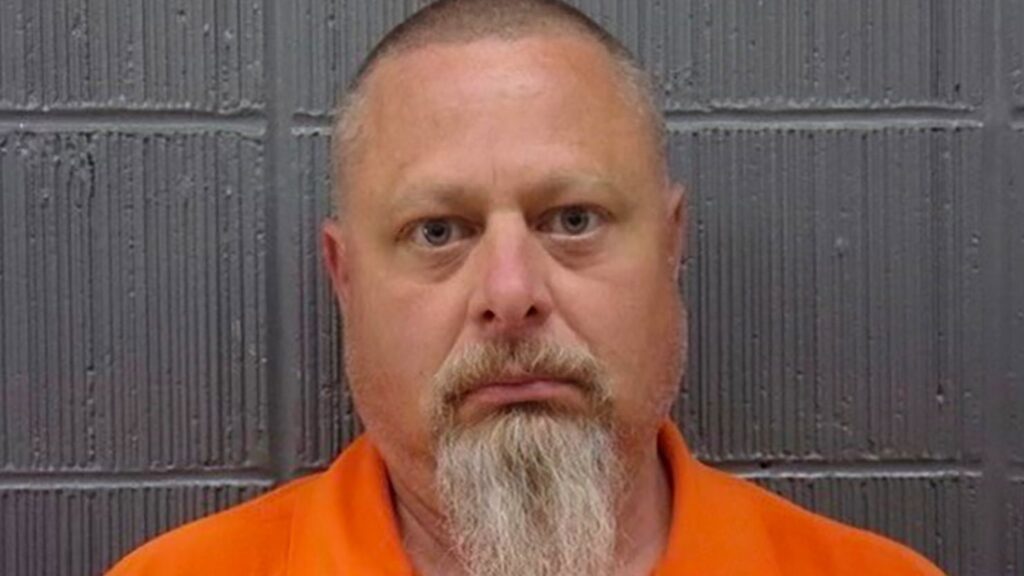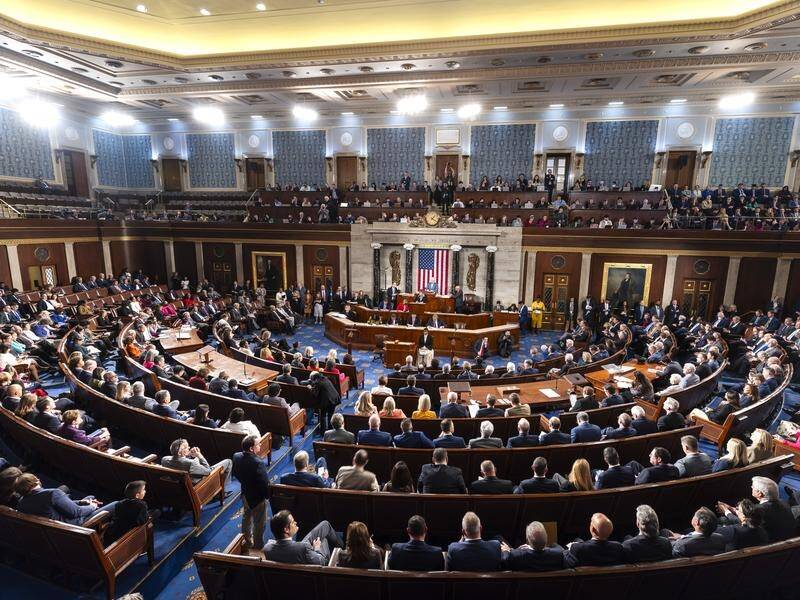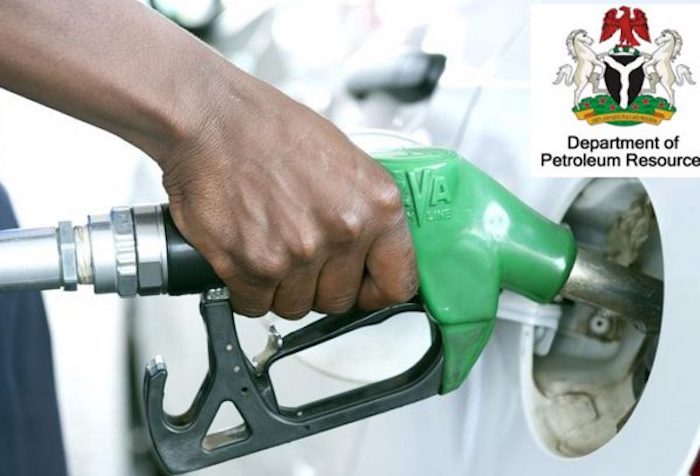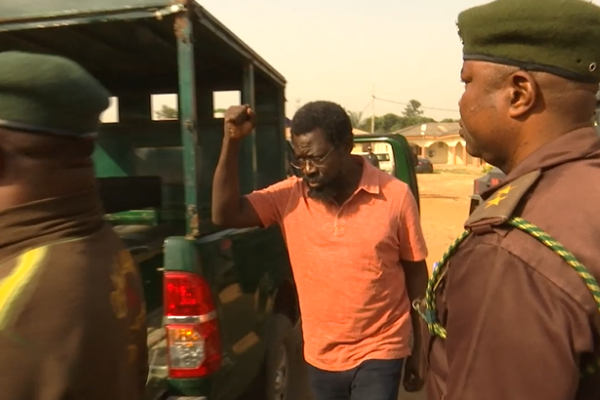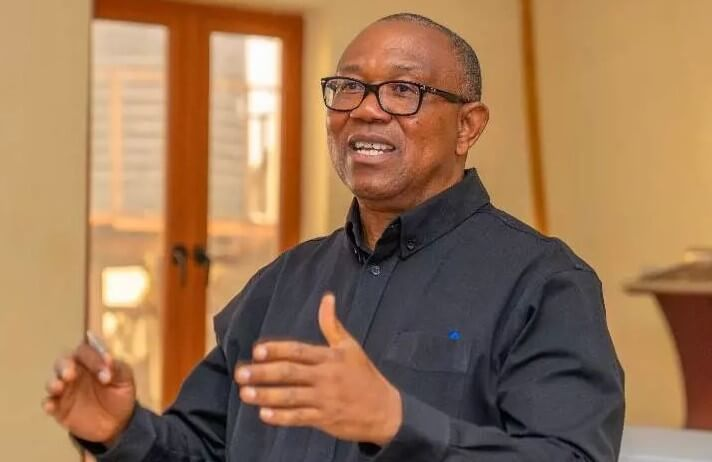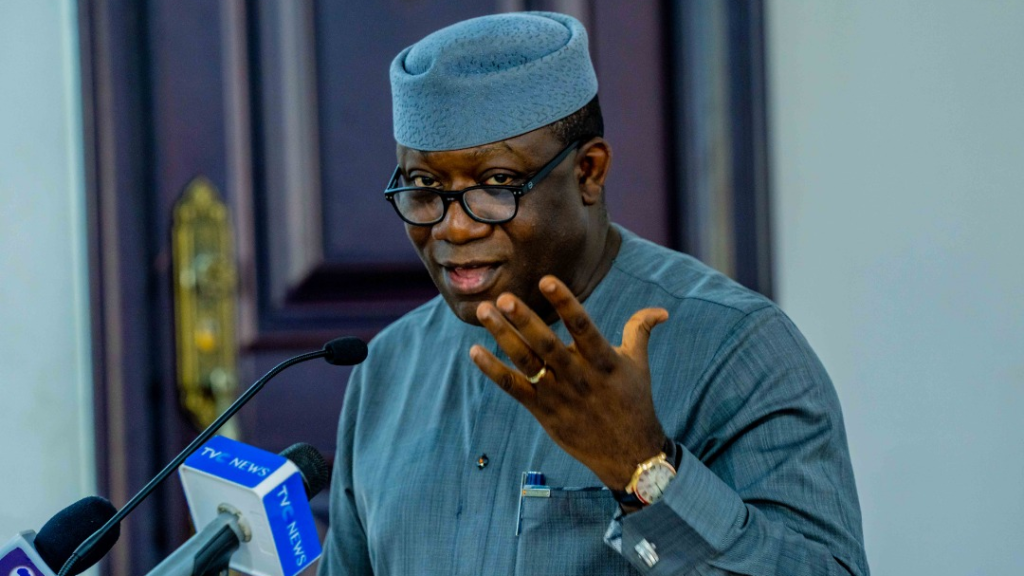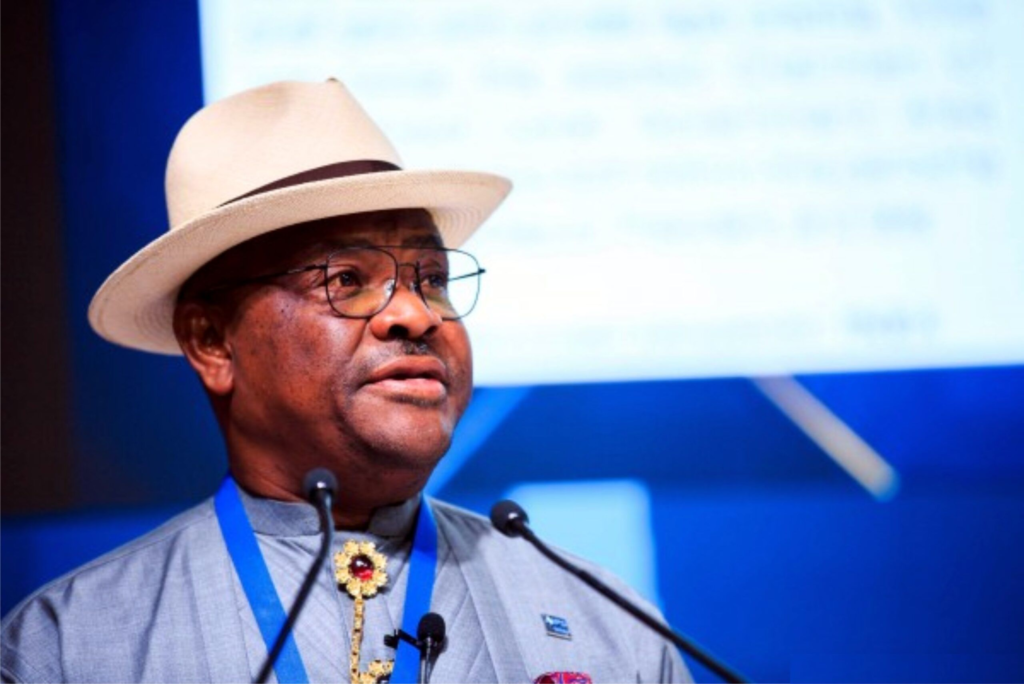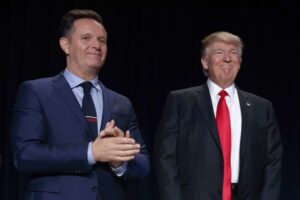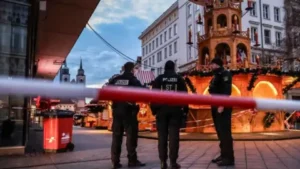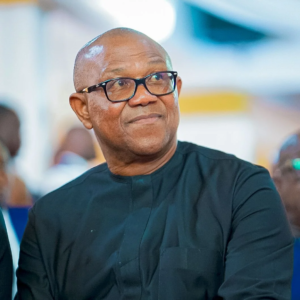Cities across Ukraine remain on high alert on the fifth day of the country’s fight against Russia’s invasion.
Ukraine’s military said that Russian troops had made repeated attempts to storm the outskirts of the capital, Kyiv, but had failed to capture it.
Officials described Sunday’s fighting as “difficult”, as Russian troops continued shelling from “almost all directions”.
The major cities of Kharkiv and Chernihiv were also targeted overnight.
They, and Kyiv, remain under Ukrainian forces’ control, but Russia made some progress in the south, taking the port town of Berdyansk. Fighting also continues in the strategically important port city of Mariupol in the south, on the Sea of Azov near Russia-annexed Crimea.
Ukraine has denied a report that Russian troops had captured the largest nuclear power plant in Europe, in Zaporizhzhia in Ukraine’s south-east. Last week, Russian soldiers took control of the site of the former Chernobyl nuclear plant.
The UK’s Ministry of Defence said its latest intelligence suggested that the bulk of Russia’s forces remained more than 30km (19 miles) north of Kyiv, “having been slowed by Ukrainian forces”.
“Logistical failures and staunch Ukrainian resistance continue to frustrate the Russian advance,” it said.
Kyiv has lifted its curfew after two days, with some food shops open and public transport running – but people are still advised to shelter and not go outside unless necessary. Fighting at street level continues in many areas.


The BBC’s Sarah Rainsford in Dnipro, closer to rebel-held areas under Russian influence, said locals were woken by warning sirens for the first time there, sending them into bunkers, basements and garages with children and pets. Armed patrols in the city are stopping cars at random to check for Russian saboteurs, she said.
In a speech on Monday, Ukrainian President Volodymyr Zelensky urged Russian soldiers to lay down their weapons and leave the country to save their lives – warning them not to believe what their Russian commanders told them.
He also called on the European Union to grant Ukraine immediate membership through special procedures.
“Our goal is to be with all Europeans. And most importantly, be equal. I’m sure that’s fair. I’m sure we have deserved it. I am sure that all this is possible,” Mr Zelensky said.
His speech came as a Ukrainian delegation arrived on the border with Belarus for talks with Russia. Mr Zelensky earlier said he did not have high hopes, but was sending a team because of the “small chance to end the war”.
On Sunday, Russia’s President Vladimir Putin put its deterrence forces, which include nuclear weapons, on “special alert”. The announcement does not mean Russia intends to use the weapons, but was widely perceived as a threat.
UK Defence Secretary Ben Wallace told media the move was to “remind the world that he has a deterrent” and distract people from “what’s going wrong in Ukraine”.
“We’re all talking about it. He is clearly wanting to get peoples’ attention distracted form what is going on on the ground.”
The UN General Assembly of 193 countries will also hold a rare emergency session on Monday to discuss the war, after the EU warned that more than seven million people could be displaced.
Ukraine’s health ministry has said 352 civilians, including 14 children, have died so far. The UN has recorded more than 100 confirmed civilian deaths and many more wounded, and says it expects the true number to be much higher.
Russia’s currency, the rouble, slumped by 30% against the US dollar in early trading on Monday – a record low prompted by Western financial sanctions. Russia’s central bank more than doubled its interest rate – bringing it to 20% – in response.
BBC

